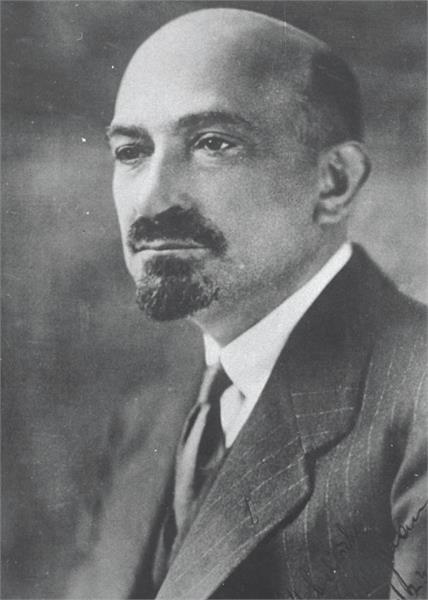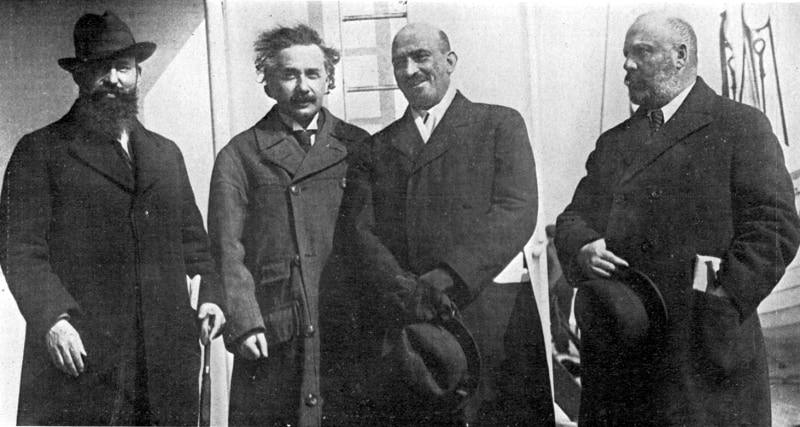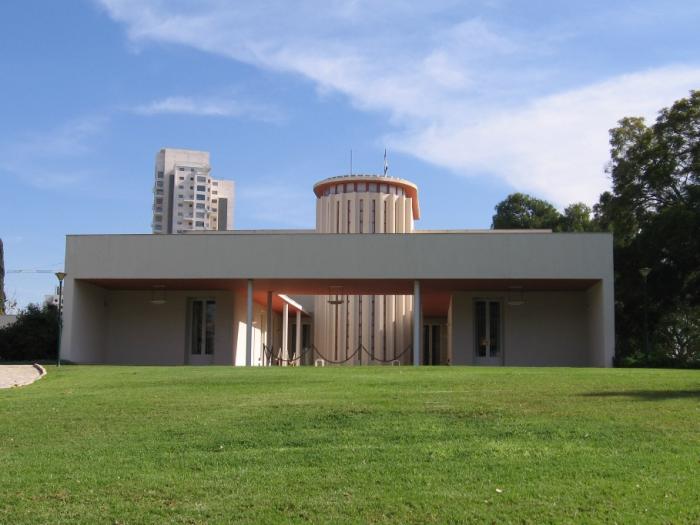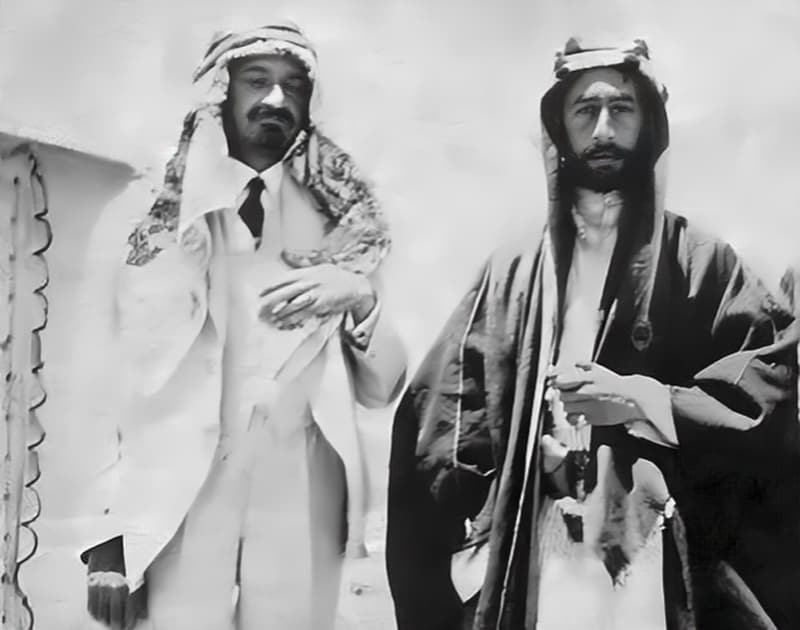Chaim Weizmann was a Zionist leader, an Israeli statesman, and, later, the first President of Israel. The Russian-born biochemist was elected as President of Israel on 16 February 1949 and served until he died in 1952. During his term as President, Weizmann was fundamental in developing the Balfour Declaration and forming the State of Israel.

In addition to leading the state of Israel, Chaim Weizmann was considered the ‘father’ of industrial fermentation. He developed the acetone–butanol–ethanol fermentation process, which produces acetone, n-butanol, and ethanol through bacterial fermentation.
This development was significant in the manufacture of cordite explosive propellants. These were used during World War I for the British war industry. On the back of this invention, Weizmann founded the Sieff Research Institute in Rehovot, later renamed the Weizmann Institute of Science, in his honor. He was also instrumental in the establishment of the Hebrew University of Jerusalem.

Chaim Weizmann: Early Life and Education
Chaim Azriel Weizmann was born in November 1874 in Motol, a small hamlet in the western Russian empire. He was the third of 15 children and spent his adolescent summers riding his lumberjack father’s log rafts downriver to Baltic ports.
After strict Jewish orthodox schooling, Chaim went to the secondary school in nearby Pinsk, where his unusual scientific aptitude was encouraged by a discerning science master. After matriculating, Chaim left Russia to study chemistry in Germany and Switzerland due to university quotas restricting Jewish admissions to Russian universities. He eked out a small living from home by teaching science and Russian.
Chaim Weizmann House

Credit: Wikipedia – Photo: Michael Yakovson, CC BY-SA 3.0, via Wikimedia Commons
After obtaining a Ph.D. magna cum laude at Fribourg, Switzerland, in 1900, Weizmann taught chemistry at Geneva University and concurrently engaged in organic chemistry research, concentrating on dyestuffs and aromatics. He sold several patented discoveries in the late 1890s to get himself out of debt and help his younger siblings through college. In 1900 he met Vera Chatzman, a medical student, in Geneva, and six years later, they married; they had two sons.
Weizmann took up a science appointment at the University of Manchester in 1904 and assisted the British munitions industry during World War I. Although he gained international renown as a chemist, it was as a politician that he was most eminent.
Political Life
As a youth, Weizmann imbibed Jewish nationalist culture and ideals under his father’s influence. While studying in Geneva, he became active in the Zionist movement. When he moved to England in 1905, he was elected to the General Zionist Council.

Weizmann’s scientific assistance to the Allied forces in World War I brought him close contact with British leaders. This enabled him to play a key role in the issuing of the Balfour Declaration on November 2, 1917, in which Britain committed itself to the establishment of a Jewish home in Palestine.
In 1918, Weizmann was appointed head of the Zionist Commission sent to Palestine by the British government to advise on the country’s future development. There, he laid the foundation stone of the Hebrew University.
Shortly after, Weizmann led the Zionist delegation to the Peace Conference at Versailles, and in 1920 became the president of the World Zionist Organization (WZO). He again served later as President of the WZO from 1935-1946 and invested much effort in establishing the Jewish Brigade.
He also unsuccessfully tried to prevent the issuing of the 1939 White Paper, which in effect, halted Jewish immigration to Palestine. During the Zionist Congress held in Geneva in August 1939, Weizmann harshly criticized the British government for its betrayal of the Mandate and the Jewish people.
After World War II, Weizmann was instrumental in adopting the Partition Plan by the United Nations on November 29, 1947, and the recognition of Israel by the United States.
With the State of Israel declaration, Weizmann was chosen to serve as the first President of Israel. He filled this role until his death on November 9, 1952.

